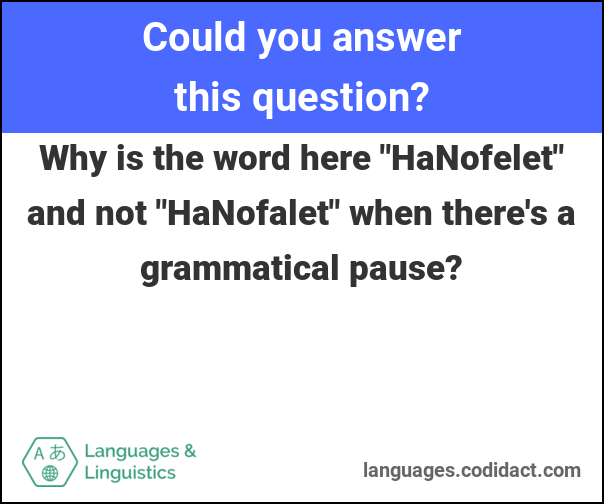Search
The process isn't the big deal others seem to think it is. I don't believe there are hard and fast rules to writing but I believe an author should apply a set of rules to a particular work. Ask yo...
First of all, don't confuse point of view with person. You can write in the third person and still tell the story from one character's point of view. Second, third person is the normal mode of st...
This isn't a comic strip, it's prose. Written this way, the slap seems cartoony. I'd much rather you describe the action than simply recite the sound it makes.
As always in literature, it is all about the setup. In literature as in life, we interpret actions as our previous experience has led us to interpret them. If you want a reader to react to somethin...
Gerund phrases describe continuous or ongoing action, or action that happens at the same time as another action. Past-tense verbs generally describe a completed action, or a sequence of actions. ...
If you're having trouble making the city slang sound natural, or if you can't completely suppress your island slang in your narrative, you could always make your POV character a Hawaiian, visiting ...
If you want your story to sound authentic, you must learn and use the slang of the city(ies) in question. The New York Times had a fascinating dialect quiz a few years ago, and the author just pu...
Saw your name on Mathematics Meta, and this question as a top network post. The Reacher novels by Lee Child are typically from Reacher's point of view. He may or may not narrate (first person), us...
Well, whatever you do, don't convolute the the sentences around those words. Voices don't greet. People greet. "Konnichiwa!" greeted a voice. is grating and unnatural. There are at least four thi...
One way to convey time is with signposts: She buried her head in the pillow as she smacked the alarm clock for the third time. He fumbled with his key in the lock, glowering at the burnt-o...
Traditionally, your rights revert to you after a specified period of time when the book is out of print. However, be cautious! In recent times, publishers have been able to circumvent this by plac...
Capitalizing a pronoun gives it proper noun status or deity status. So writing It means either that the thing's name is literally It, like Stephen King's monster, or you're referring to a god the w...
These are examples of mystery stories where things are told from the protagonist's point of view. See this link for more, I've cut pasted the pertinent information below. 1st person, narrator ...
Anything is acceptable if you make it work. For an example of a book that makes this work (brilliantly) see Cormac McCarthy's No Country for Old Men. But any change in narrative style calls attent...
Genres are literary ghettos. They are places where people with particular and highly specific tastes (cosy mysteries, sword and sorcery, horse stories) can be assure that they get what they paid fo...
This is purely a matter of style. It depends on where the writing is being published and what the content is. House style will usually dictate if you use periods/full stops at the end of bullet poi...
Excite is the wrong thing to focus on. The real key to successful storytelling is to engage the reader. There are no car chases or gun fights in Pride and Prejudice. It is a story of a courtship, d...
Not infrequently is a double negative, and is therefore technically grammatically incorrect. Not is obviously the first negative. The prefix in- is considered to be negative, as it means not. The s...
not infrequently is not a double negative, (ok, it might be) but it does convey an exact meaning, even in slightly convoluted way. I don't have nothing is a textbook double negative, whe...
One reason is to maintain suspense. A big part of the attraction of the detective genre is for the reader to try to work out for themselves what is happening with varying degrees of assistance from...
The convention in scientific writing, at least in the hard sciences, is to avoid "I" even for single-author papers. I suspect (but can't prove) that this is why you see so much passive voice in su...
If it's a single author, use I. I is for singular, and if you are doing the research and all that stuff by yourself, then take credit, unless someone's helped you. If you use "we", then there must ...
What Mark Baker said in his answer is correct, but there is another option. If you want to correct the typos for clarification or add information for clarification, you can add text in square brack...
My suggestion is you should read more detective stories! There are plenty that are done from the viewpoint of the protagonist. Probably the purest form of this is the private eye monologue, which ...
I think the crux of it is that anything you do that breaks convention will make your writing more difficult to read. That isn't to say you shouldn't do it, by the way (several of my favourite books...




















